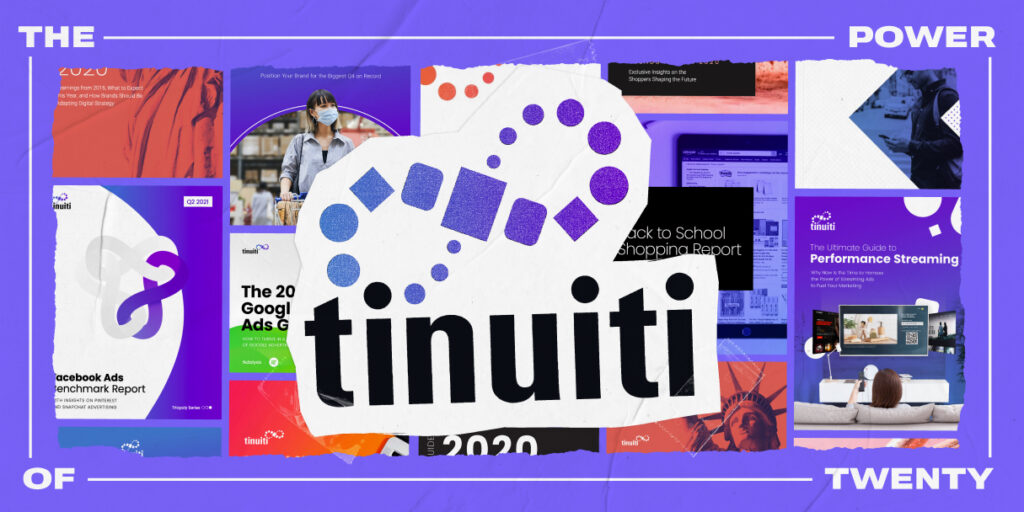Well, it’s that time of year again: prediction time! The cultural phenomenon where we dust off our crystal balls, grow our Nostradamus beards, and channel our inner Ray Kurzweil. We’ve got Oscar winners, Super Bowl match-ups, doomsday scenarios, and basically anything else you can think of listed and predicted, so why not SEO?
Following our disruptive tendencies here at Elite SEM, rather than do a typical prediction list, I’ve decided to put together a list of 10 SEO predictions sure to be wrong. Be sure to let me know if you think that I am right, er, I mean, wrong in the comments section!
- Links won’t be as important in 2015—every year the same prediction is made by SEO practitioners—as well as allusions from Google themselves—that links will matter less towards SEO performance. I believe like every year preceding this one that this prediction will be false and links will remain one of the most important factor for any site.
- Mobile will have limited impact on SEO, as it did in 2014—it’s time to get ready as mobile is coming fast and will be a major touch-point with SEO. According to Google, 79% of large retail sites do not have proper mobile sites. This means 2 important things, amongst many: (1) scores of sites will be moving into the mobile space and will need assistance to get there and (2) sites that do not matriculate into the mobile space will face performance issues.
- Rich Media will replace copy as King—no matter how cliché this cliché becomes year after year, content remains King. Obviously there are some qualifiers (hint, hint quality content…) but nothing will dethrone content and in fact content will become more important this year (as we will see below). As great and as necessary as rich media is, there are too many variables to make it as important and as impactful as content.
- Google solved negative SEO with disavow—negative SEO is barely recognized, let alone solved by Google. Not only is the disavow process slow and slightly ambiguous results wise, but elements like negative reviews and SERP manipulation remain comfortably swept under the carpet.
- The right Meta keyword will still get the same results—regardless of if this was ever true, semantic keyword reinforcement and placement on a page will take on far greater importance in 2015. We already see this bleeding into current results, making us think that perhaps Contextual Content will possibly be the new King by 2016.
- SEO is not dead—“SEO” is dead, but long live “Earned Media.” This prediction may seem semantic, but I do believe the term “SEO” is a misnomer of what we actually do and I also am convinced that the term suffers from an unrepairable poor reputation. Additionally, as “SEO” becomes harder and harder, as it invariably will in the year to come, more and more novice agencies and practitioners will continue to harm the “SEO” brand.
- HTTPS, or the lack thereof, will influence rankings—well this is true, but only a small part of the whole truth that it misses the greater point. In 2015 Google will be taking site security as a whole much more seriously and absorbing many more identifiable safety indicators (perhaps server signature, admin log in placements and others) above and beyond HTTPS into its algorithm.
- Analytics and SEO will remain separate fields—with the forced upgrade to Universal Analytics as well as the noticeable diminishment of Digital Analytics as a stand-alone service, digital marketers have defaulted into the go-to analytics experts. That’s not to say that we need to become full-fledged data analysts, but rather the bar has been raised on our expected analytics proficiency.
- A ranking shake-up is not on the horizon—many in the industry seem to think that after this summer and fall of algorithmic updates, 2015 will be a period of relative calm as Google waits to see the returns on their updates. Based on the points above like mobile growth, semantic search, and security becoming a metric, I believe 2015 is poised for large scale ranking shake up.
- Attribution will remain a locked box for the majority of us—currently for the majority of us, precise attribution is out of reach. However, with the rise of Universal Analytics as well as Google’s overall investment into new analytics, I believe accurate and precise attribution will be a scalable resource for the vast majority of us.
You Might Be Interested In













